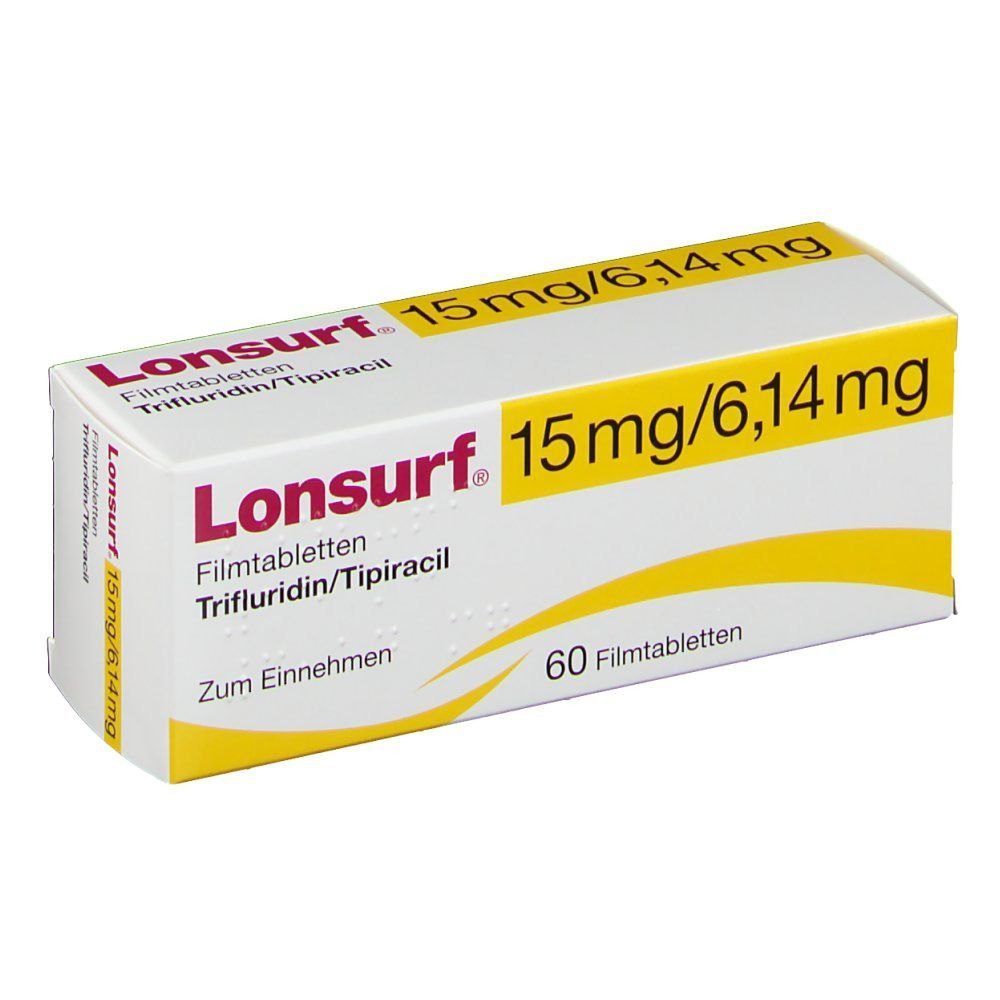August 2023: For metastatic colorectal cancer (mCRC) that has already been treated with fluoropyrimidine, oxaliplatin, and irinotecan-based chemotherapy, an anti-VEGF biological therapy, and if RAS wild-type, an anti-EGFR therapy, the Food and Drug Administration has approved trifluridine and tipiracil (LONSURF, Taiho Oncology, Inc.). LONSURF, a single-agent medication, has already received FDA approval for this use in September 2015.
In SUNLIGHT (NCT04737187), a randomised, open-label, multicenter, international trial comparing LONSURF with bevacizumab to single-agent LONSURF in 492 patients with metastatic colorectal cancer who had received a maximum of two prior chemotherapy regimens and showed progression of their disease or intolerance to the last regimen, safety and efficacy were assessed.
Overall survival (OS) and progression-free survival (PFS) were the key effectiveness outcome metrics. Patients assigned to the LONSURF plus bevacizumab arm of the trial showed a statistically significant OS improvement when compared to patients assigned to the LONSURF arm (Hazard ratio 0.61; 95% CI: 0.49, 0.77; 1-sided p0.001). The median OS for the LONSURF plus bevacizumab arm was 10.8 months (95% CI: 9.4, 11.8) and for the LONSURF arm was 7.5 months (95% CI: 6.3, 8.6). In the LONSURF plus bevacizumab arm, the median PFS was 5.6 months (95% CI: 4.5, 5.9), while in the LONSURF arm, it was 2.4 months (95% CI: 2.1, 3.2) (Hazard ratio: 0.44; 95% CI: 0.36, 0.54; 1-sided p0.001).
Neutropenia, anaemia, thrombocytopenia, fatigue, nausea, increased AST, increased ALT, increased alkaline phosphatase, decreased sodium, diarrhoea, stomach discomfort, and decreased appetite are the most frequent side events or laboratory abnormalities for LONSURF with bevacizumab (20%).
On days 1 through 5 and days 8 through 12 of each 28-day cycle, the recommended dose of LONSURF is 35 mg/m2 taken orally twice daily with food. For details about bevacizumab dosage, consult the prescribing information.
View full prescribing information for LONSURF.


